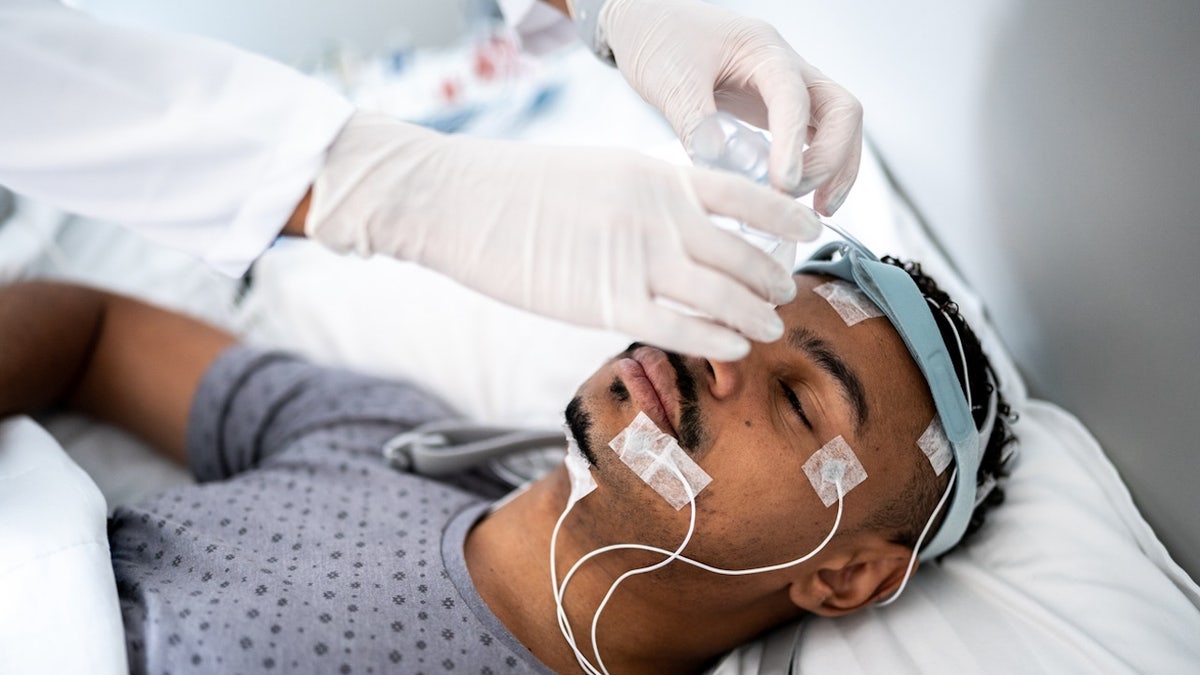A groundbreaking study from the University of Hong Kong suggests that sleep, combined with a technique called "targeted memory reactivation" (TMR), may offer a pathway to diminish the impact of negative memories while strengthening positive ones. This research, published in PNAS, offers potential relief for individuals struggling with painful or traumatic recollections.

The study involved 37 participants who were initially exposed to 48 unfamiliar words, each paired with an upsetting image. The following evening, half of these words were then linked with positive visuals depicting animals, babies, people, or scenes. During the subsequent non-REM sleep phase, researchers played specific auditory cues related to the words. Upon waking, participants demonstrated a reduced recollection of the negative images and a stronger recall of the positive ones.

Dr. Earnest Lee Murray, a board-certified neurologist, explained that TMR has been employed in treating PTSD and other negative memories by associating sensory cues with therapeutic interventions and reintroducing these cues during specific sleep stages. This study builds upon this by demonstrating the potential to not only suppress negative memories but also bolster positive ones through this method.

Dr. Alex Dimitriu, a psychiatrist and sleep medicine specialist, finds the study's findings intriguing, highlighting how the brain processes emotions during sleep. He notes that while previous research focused on REM sleep's role in emotional processing, this study demonstrates that non-REM sleep also plays a significant part. He observes that many of his patients experience improved mood and anxiety with better sleep quality.


The researchers acknowledge limitations, including the difference between lab-induced emotional experiences and real-life trauma. Further research is needed to explore how to apply positive memories, such as personal positive recollections or therapy-related memories, to effectively mitigate real-world trauma. Additionally, the influence of REM sleep on emotional memory requires further investigation.

This research opens up promising avenues for treating conditions like depression and trauma by harnessing the power of sleep and targeted memory reactivation, potentially reducing reliance on medications with their associated side effects.
Comments(0)
Top Comments